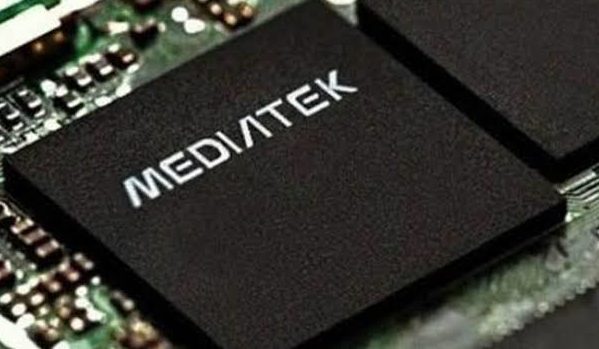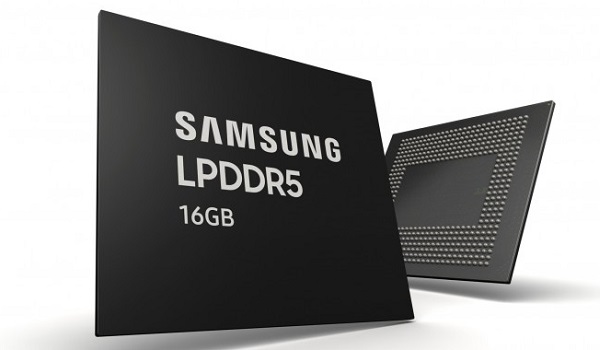Before now, we didn’t really care to note the raw specs of our gadgets. Things like RAM size, processor cores, clock speed, the GPU etc, were rarely taken into consideration. Before now, once the camera is good, with a large enough internal memory, then maybe with added sleekness, we buy without looking back. These are the things Nokia capitalized on during their hey days. Selling us flagship phones with low RAM, good camera, and huge internal memory. Nowadays, manufacturers throw specs to our faces. In phone launch events, you hear terms like, “So-so phone comes with so-so processor clocked at so-so speed, with so-so RAM size”. The purpose of this write-up is to enlighten us on what processor and RAM means, and how it affects our gadgets performance-wise. This will guide you in making proper choices in the future. Take a seat, grab a bowl of popcorn and enjoy the lecture. If smartphone performance is important to you, the key items you need to pay attention to when picking a smartphone for use are processor speed and RAM size. Together, they decide the performance of your phone. But they do so in different ways. The first step is to spell out what the processor clock speed and RAM size do in a smartphone. Remember that while they are complementary, each affects performance in a different way.
What is the importance of processor speed in smartphone performance?
As the name implies, this is the part of your phone that processes all tasks running on your gadget. Any app you run uses some processing power, and how resource-demanding the task is, reflects on how much load it’s going to put on the CPU. Multiple core CPU’s have a greater advantage because your running tasks are divided into different sections of the processor based on the load. This allows things to get done faster. That’s the reason a quad-core phones will perform better than a dual-core phone. When you’re doing things such as rendering video, it totally relies on your CPU (unless you enabled GPU acceleration in the media player). The processor speed is what indicates how powerful a smartphone is – and how fast/smooth it will run. The newer the processor and the higher the clock speed, the more powerful the smartphone is for heavy duty, and the better the smartphone performance. So, all other things being equal, a 3 GHz processor smartphone is more powerful than one with a 2.3 GHz processor. So, if you need a smartphone for gaming or for other heavy tasks, you should be looking for a smartphone with higher clock speeds. PS: Along with procesor speed is the type of processor, but that is a much more technical aspect of this subject.
What is the importance of RAM size in smartphone performance?
Simply put, RAM is a form of computer memory that stores all your sessions temporarily. Any time you restart your computer/phone or log off, whatever was saved on the RAM is deleted, unlike in a hard-drive. When you open any application, the system files needed to run that application are stored on your RAM. This implies that, the more applications you have open, the less RAM you have available. If you open too many applications at once, you can run out of RAM and freeze up our computer/phone. Once you restart your computer or end your current session by logging out, everything that was on the RAM is cleared. It also means that the more RAM your device has, the more applications it can process at a time. So we can say that a gadget with 1 GB of RAM will multitask better than a device with 512 MB of RAM. More RAM enhances multitasking. The more RAM a phone has, the smoother it is to launch and switch between apps. More RAM does not make your phone as a whole run faster. Let me put it differently: the more RAM your smartphone has, the better it can switch between apps and do multiple things at once. RAM has a huge impact on smartphone performance. If you are an app junkie and switch between multiple apps a lot, you will suffer on a smartphone with 2 GB RAM. I promise you. You will likely run into a lot of “out of memory” errors and/or have apps shutting down on you in the background. Definitely, when switching between apps, you will experience slower transitions. Simply put, RAM size determines how many apps can run simultaneously on your phone and how smoothly you can switch between them. That is the importance of RAM size.
So which of these two is more important to smartphone performance – Processor or RAM?
It boils down to what you want for yourself. Do you prefer your apps to run speedily and smoothly? Then go for more cores and a higher clock speed. Or do you want to run so many apps simultaneously without freeze? Then you need plenty of RAM. There are some things you’ll need to consider or take note of:
Some applications need more RAM than others; this is a factor of what you will be doing with your gadget.Your CPU speed will determine how fast your applications will run, and what kind of applications you can run. So you need to take note of the CPU speed too.Know the kind of software you’ll be running on your gadget (laptops especially), and also know the minimum amount of system resources it requires to be run smoothly. If you want to play heavy graphics games on your smartphone, for example, you should be looking at getting the best possible smartphone performance. That means you need more RAM and better processor with more cores.
Smartphone Performance Demonstration Example
So, together, the processor speed and RAM size determine how responsive your smartphone behaves, each determining a different dimension. To illustrate this, let us compare two smartphones with different processor clock speeds and amounts of RAM (all other things equal): Smartphone Two is the more powerful of the two because it has a higher processor speed. But Smartphone One will handle switching between apps or running multiple apps better. However, it will generally run slower than Smartphone Two. The more powerful device – Smartphone Two – will run faster and handle heavier tasks better. If we add Smartphone Three with 2.2 GHz processor and 3 GB RAM size, it will blow both of the above examples out of the water. It will deliver much better performance because it has both the higher clock speed and higher amount of RAM. In other words, where you can help it, get more RAM and a better processor together, in order to enjoy the best smartphone performance.
Smartphone Performance: Quick Tips For Android Users
With this knowledge, next time you plan to get a new phone, PC, or whatever gadget, you can now decide what you want. You will be able to filter your search to get something that will suit your needs, if it is more cores or more of RAM. It really is not a question of which is more important. You require a decent level of both to enjoy good performance on your smartphone. You do not have to choose between processor or RAM, unless you are absolutely restricted by cash. To experience good smartphone performance in 2022, for an Android phone, I recommend that if you can afford it, buy one with at least 6 GB of RAM and at least Snapdragon 730G or Helio G96 processor. That will get you a really smooth experience. If buying an iPhone, you really do not have to worry much about processor or RAM: any recent Apple iPhone model will do. I hope that you understand better the factors that determine smartphone performance, so you can make better purchasing decisions. Do use the comment section below to let me know if you have any questions or areas you need more light shed on. And do not forget to share this post with your network using the share buttons below.
Don’t miss our reviews.Join our WhatsApp Group, to be notified of the most important articles and deals,Follow us on Instagram, Facebook, Twitter, and YouTube.

